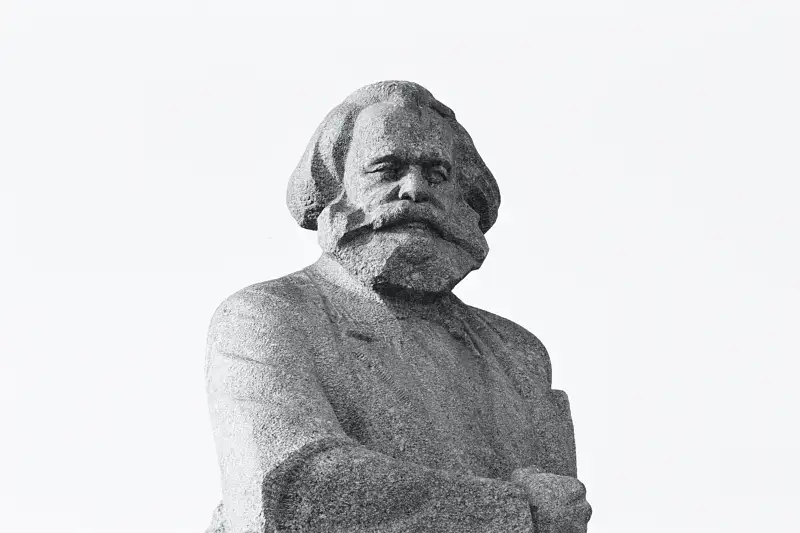Marxism, a socio-political theory developed by Karl Marx, provides a unique perspective on various aspects of society, including religion. According to Marxists, religion is not merely a matter of personal faith or spiritual belief, but rather a social institution that serves specific functions within the capitalist system. In this blog post, we will explore the Marxist view of religion and its implications.
The Role of Religion in Society
Marxists argue that religion plays a significant role in maintaining social order and perpetuating the existing class structure. They view religion as an ideological tool used by the ruling class to control and manipulate the working class. According to Marx, religion functions as the “opium of the masses,” providing a false sense of hope and comfort to the exploited proletariat.
Religion, in the Marxist perspective, serves as a means of social control by diverting attention away from the material conditions of inequality and exploitation. It encourages individuals to focus on the afterlife and spiritual salvation, rather than challenging the oppressive social and economic structures in the present.
Religion as a Reflection of Material Conditions
Marxists argue that religious beliefs and practices are not independent of the material conditions in which they arise. Instead, they are a reflection of the economic and social relations prevailing in a given society. For example, the rise of monotheistic religions such as Christianity coincided with the emergence of feudalism and the consolidation of power by the ruling class.
According to Marxists, religious ideas and doctrines are shaped by the dominant class to justify and legitimize their position of privilege. The concept of divine right, for instance, served to maintain the authority of monarchs and feudal lords. Similarly, the Protestant work ethic, which emphasized hard work and thrift, was promoted by the bourgeoisie to justify their accumulation of wealth.
Religion as a Source of False Consciousness
Marxists argue that religion perpetuates false consciousness among the working class, preventing them from recognizing their true social and economic interests. By promoting the idea of an afterlife and divine reward for suffering, religion encourages resignation and acceptance of one’s lot in life.
Religious institutions, such as churches, also play a role in reinforcing the existing social order. They often align themselves with the ruling class and promote conservative values that support the status quo. This further strengthens the dominance of the ruling class and hinders the potential for revolutionary change.
The Marxist Critique of Religion
Marxists critique religion for its role in perpetuating inequality and exploitation. They argue that religion serves as a form of false consciousness that diverts attention away from the material conditions of oppression. By focusing on the spiritual realm, individuals are less likely to question or challenge the existing social and economic structures.
Marxists also criticize religion for its tendency to promote individualism and discourage collective action. They argue that religious beliefs often emphasize personal salvation and individual morality, rather than addressing systemic issues of injustice and inequality.
Conclusion
In the Marxist view, religion is not a purely spiritual or personal matter, but a social institution that serves the interests of the ruling class. It functions as a tool of social control, perpetuating false consciousness and preventing the working class from recognizing their true social and economic interests. While religion continues to play a significant role in society, understanding its relationship with power and class dynamics is essential for a comprehensive analysis of social systems.





